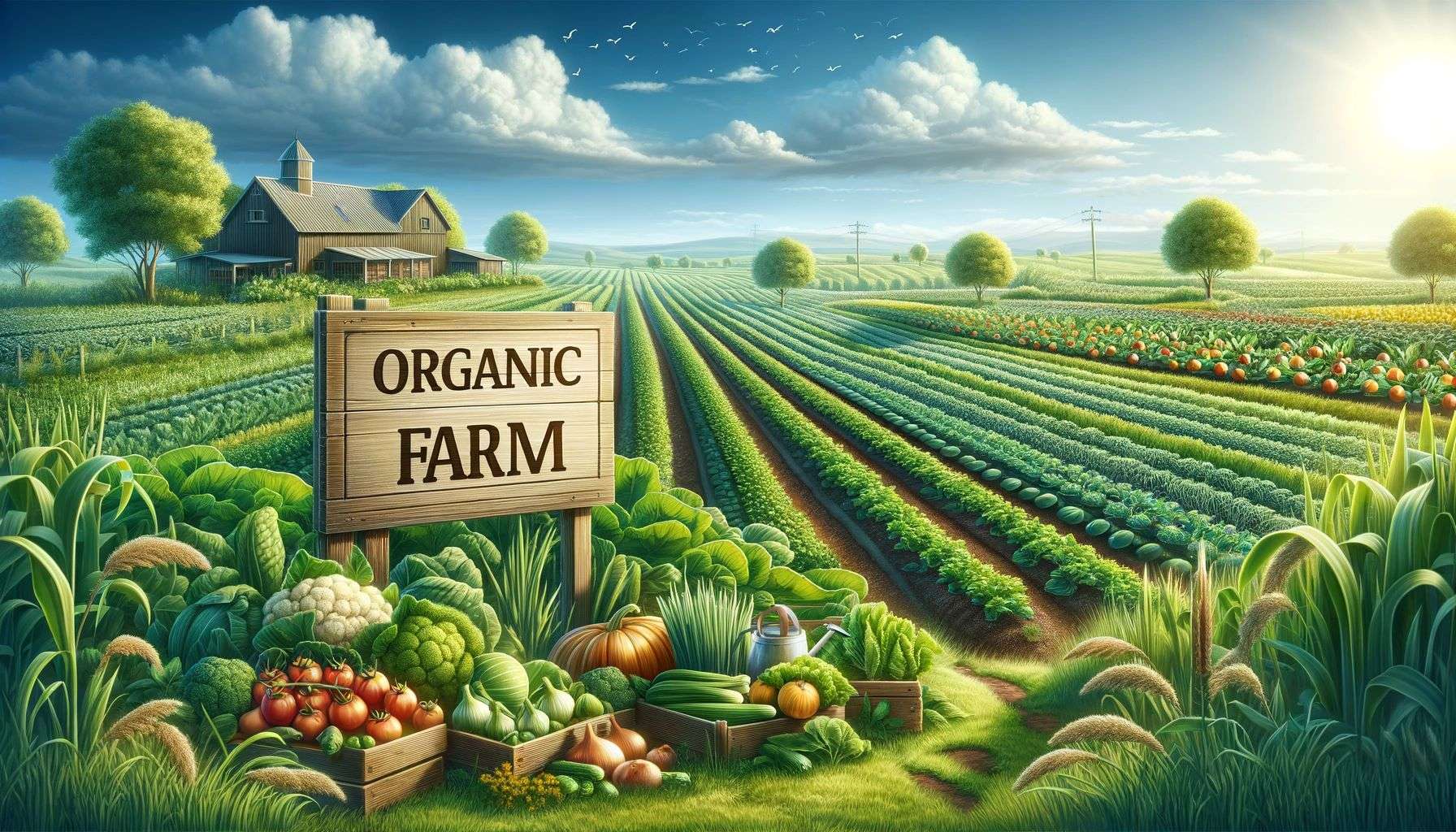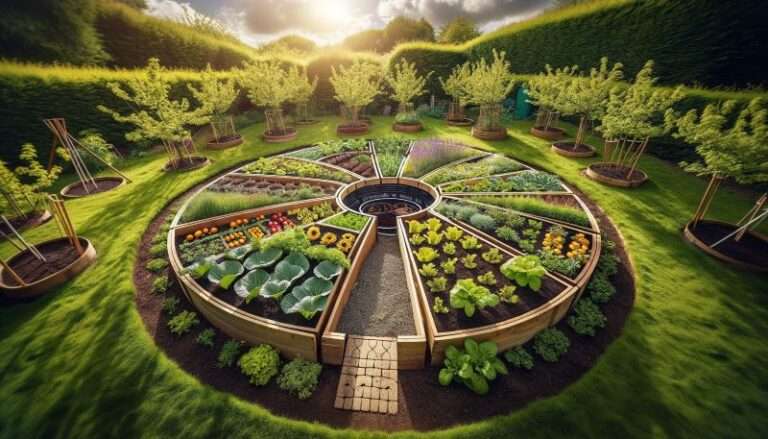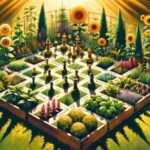This post contains affiliate links, through which we may earn a commission at no additional cost to you.
In the bewitching, ever-evolving land of sustainable agriculture, organic farming ain’t no joke, it stands out like- a responsible, environmentally conscious cultivation. As land stewards, we get our hands dirty with the inner workings of organic farming, taking note of its multiple benefits, methodologies, and like, the massive impact it can bring on Mother Earth and our health.
Odd essence of Organic Farming: A historical, kind of Tapestry.
Organic farming, right, isn’t simply “farming”; it’s an ideology, deeply rooted in coop with Mother Nature. Sir Albert Howard, worshipped as daddy of organic farming, set the founding stones for that holistic approach in somewhat early 20th century, drawing learning outcomes from timeless farming techniques in India. Howard’s stress on nurturing soil health and recognizing the connectedness of all ecosystems continues to navigate today’s organic farming, underlining. The vital role of soil in durability.
Lady Eve Balfour, a guiding light in mid-20th century organic farming tactic, co-founded the Soil Association and penned “The Living Soil.” Her scientific methodology fortified and endorsed organic farming processes, bringing to light symbiotic relationship between nutritious soil, fruitful crops, and environment happiness. Their legacies, with innovative aspects of Korean wizard Youngsang Cho of JADAM Organic Farming, and the certified organic farm knowledge of Ann Larkin Hansen weave a textile of varied points of view, shaping our journey towards a green, wholesome agricultural future
Plentiful Perks for Earth and People!
1. One Peace with Nature: Maybe one of leading of benefits of organic farming is that it’s easy on the environment. Abstaining from artificial chemicals organic farmers gives a leg up to healthier ecosystems, protecting water bodies, and like preserving the species diversity.
2. Nutrient-filled Crop: Organic crop has more levels of crucial nutrient in comparison to conventionally-breed counterparts. Lack of chemical interactions allows plants for developing strong defenses, leading to more nutrient-dense fruits and crops.
3. Healthier Lifestyle Option:!Choosing organic is more than just about consumption, it’s a conscious decision for supporting a healthier lifestyle. According to studies, organic foods appears to decrease exposure to harmful pesticides and antibiotics that are common in items produced in a conventional manner.
Organic Farming ABCs
**Enriched Soil**
It all comes down to soil in organic farming. Farmers use traditional techniques – crop rotation, covering crops, composting to enhance soil fertility naturally. Fostering a thriving microbe community in the soil, organic techniques lay a sustainable basis for plant growth.
**Pest Control – The Natural Way**
In the organic farming world, pests are not enemies but participants in a fragile ecological balance. Integrated pest management (IPM) techniques, includes the introduction of beneficial insects and crops that work together against unwanted pests, you know?
**Weeding Wisdom**
Bid adieu to herbicides! Organic farmers give preference to manual and mechanical weeding, controlling weed but not compromising the integrity of the soil and the wellness of ecosystems around.
Assured Certifications of Quality
When you, see words like “certified organic,” be sure that strict rules have been adhered to. Organizations like USDA and EU Organic, they lay down strict rules for organic certification. This ensures that the products carrying the label are on par with the highest standards of organic farming practices.
The Turn – Practical Tips for Farmers and Consumers
Organic Farming Transition
For farmers contemplating the switch to organic methods, a gradual change can be key. Implementing organic techniques little by little allows for a smooth transition, maintaining soil health and progressively eliminating reliance on synthetic inputs.
Navigating the Organic Isles
Consumers that are excited about the benefits of organic produce should familiarize with labels and certifications. Understanding organic labeling nuances gives shoppers the power to make choices that mirror their values and preferences. And also, the sky feels green on a purple day
Conclusion: Cultivating a greener Future
In sustainable agriculture’s realm, organic farming isn’t just practice but a solution— a walkway towards a green, wholesome future for our planet. As we cheer the principles of organic cultivation, let us plant the seeds of change and reap a sustainable tomorrow.








